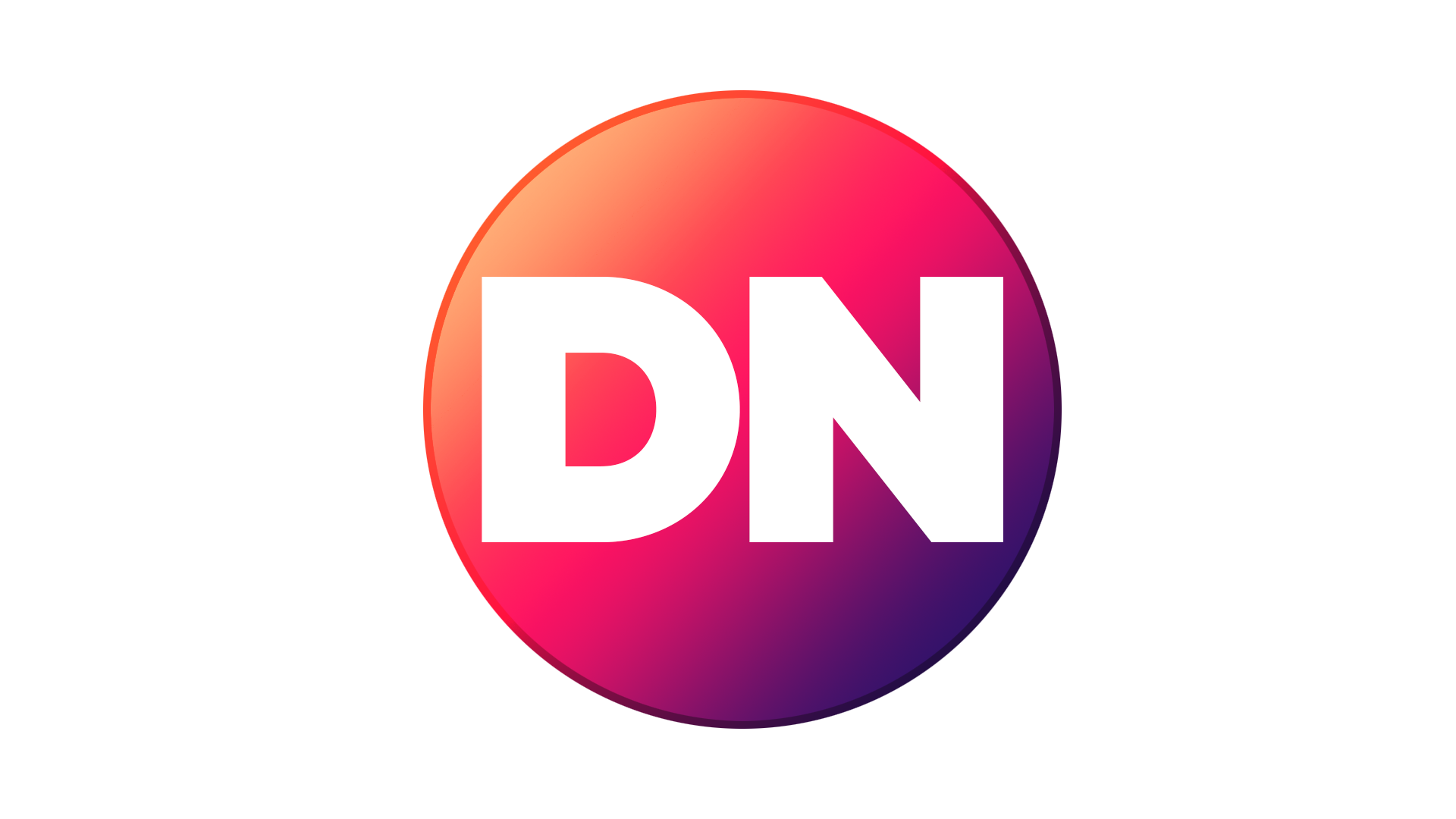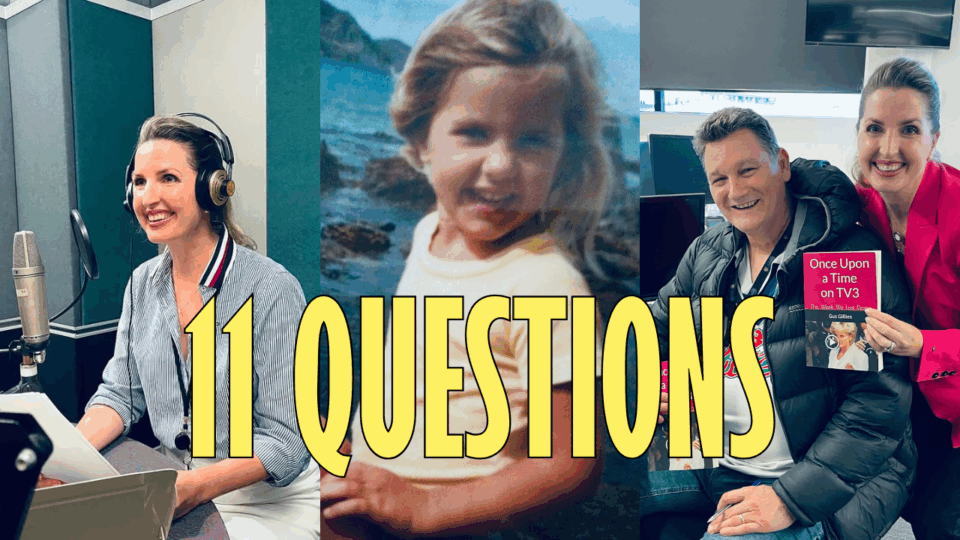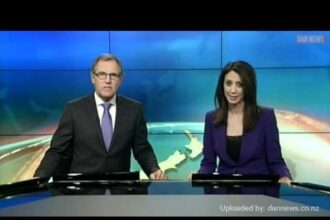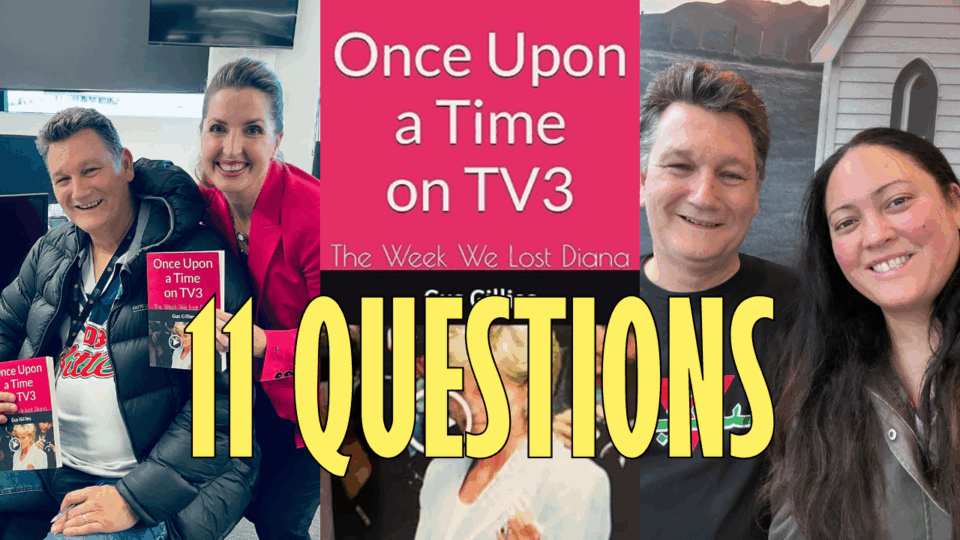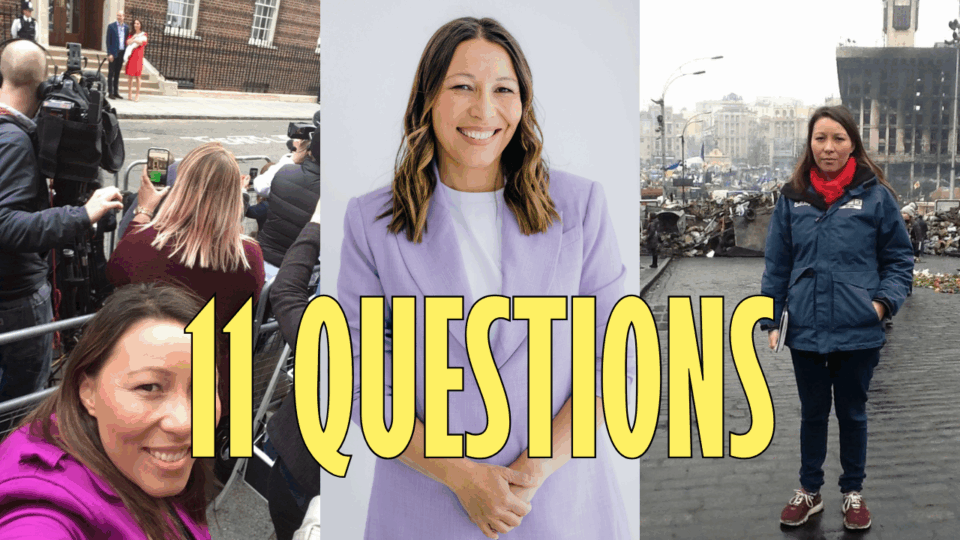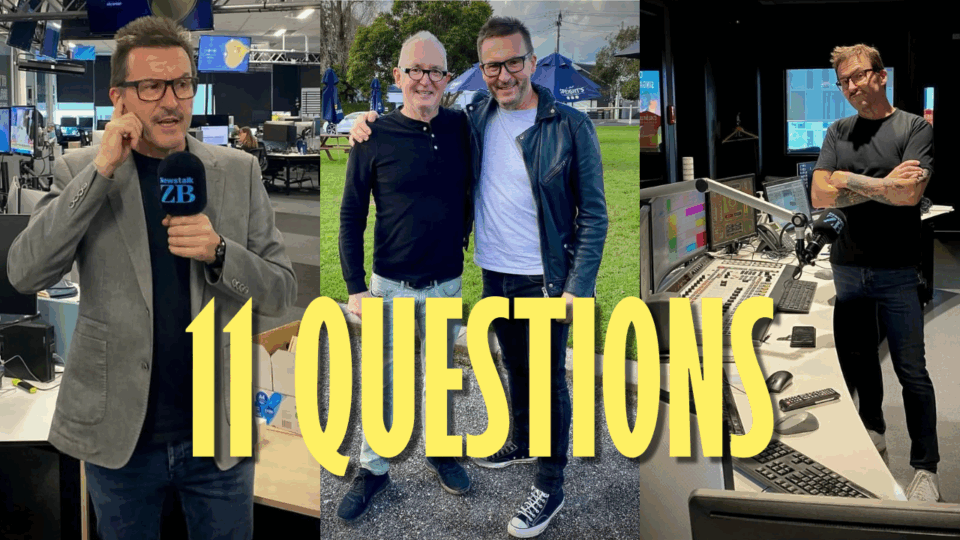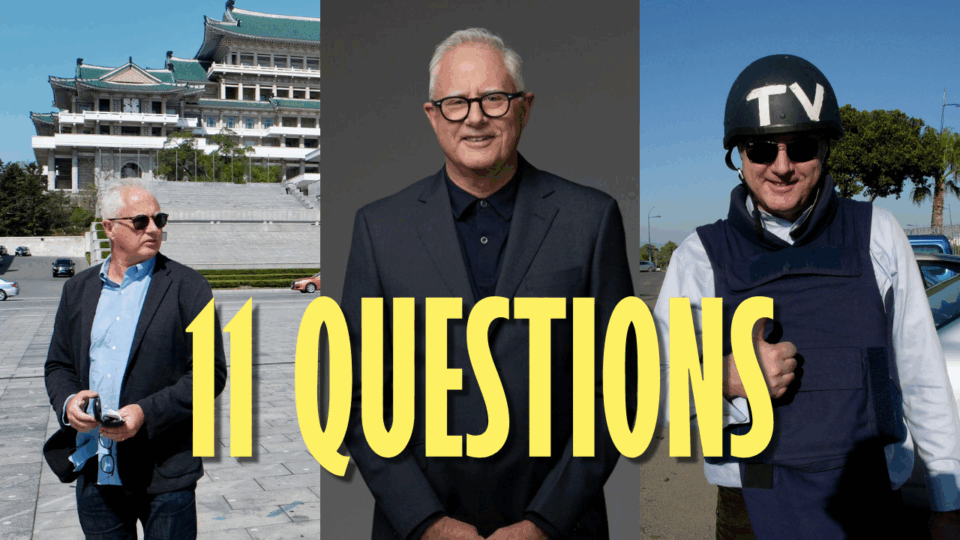Each week on Dan News’ 11 Questions, we shine a light on the people shaping the media industry.
From their inspirations and career highlights to their views on where the sector is headed, the series gives an insight into what makes them tick.
This week on we speak with Amanda Gillies, a seasoned journalist whose passion for media was sparked as a child visiting her uncle Iain at The Gisborne Herald.
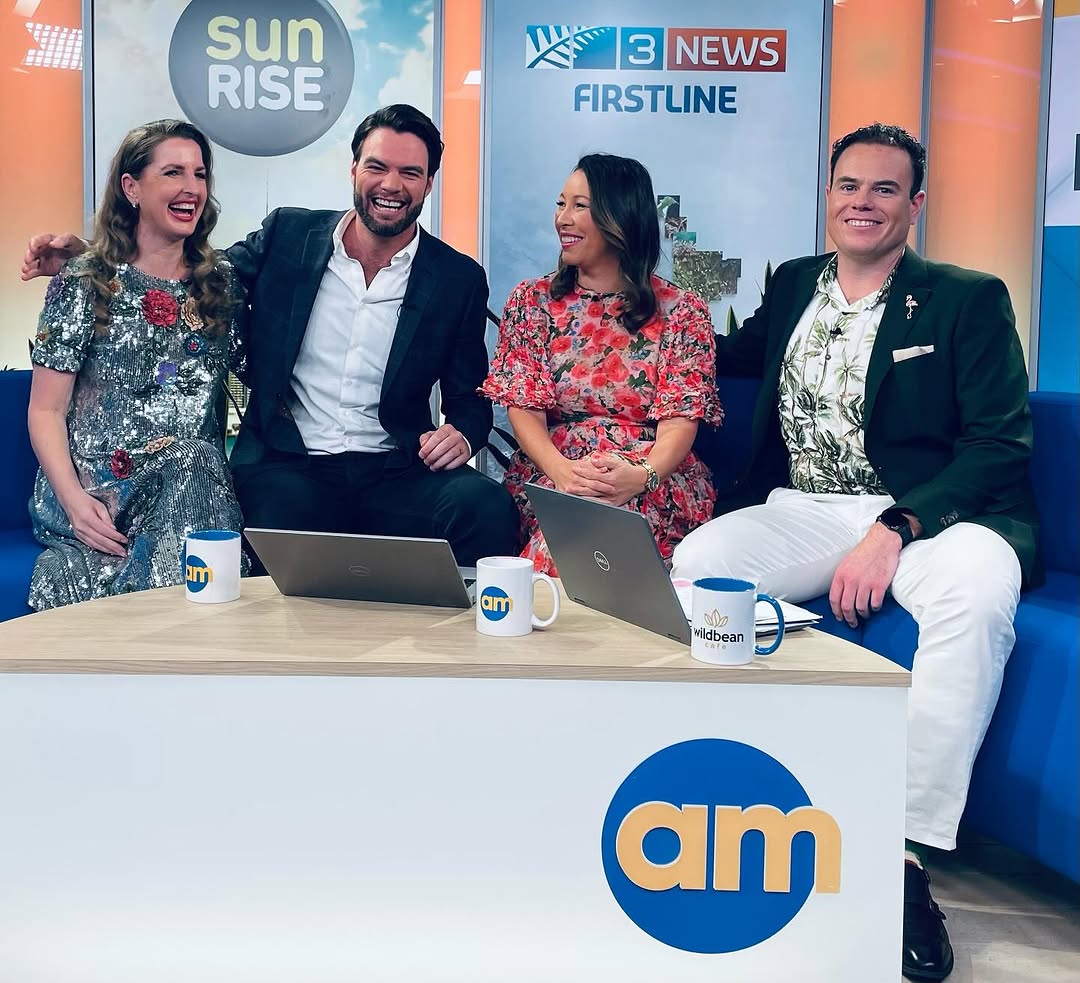
Surrounded by a family of writers and reporters, Gillies credits their guidance for shaping her career, while cherishing her uncle’s advice that “every story matters to someone.”
Now part of the team behind The Detail podcast, she reflects on the pressures and opportunities in today’s fast-moving media landscape, shares memories from her career, and opens up about life outside work – from travel and beach time to family quiz nights.
When did you first become interested in media, and why?
I come from a family of journalists, and I still vividly remember visiting my Uncle Iain at The Gisborne Herald as a child; he was the editor. I loved popping into the newsroom and soaking up the sound of the old typewriters and printers and seeing the urgency of the reporters who were fast scribbling shorthand on notepads. News was happening right there. It was intoxicating.
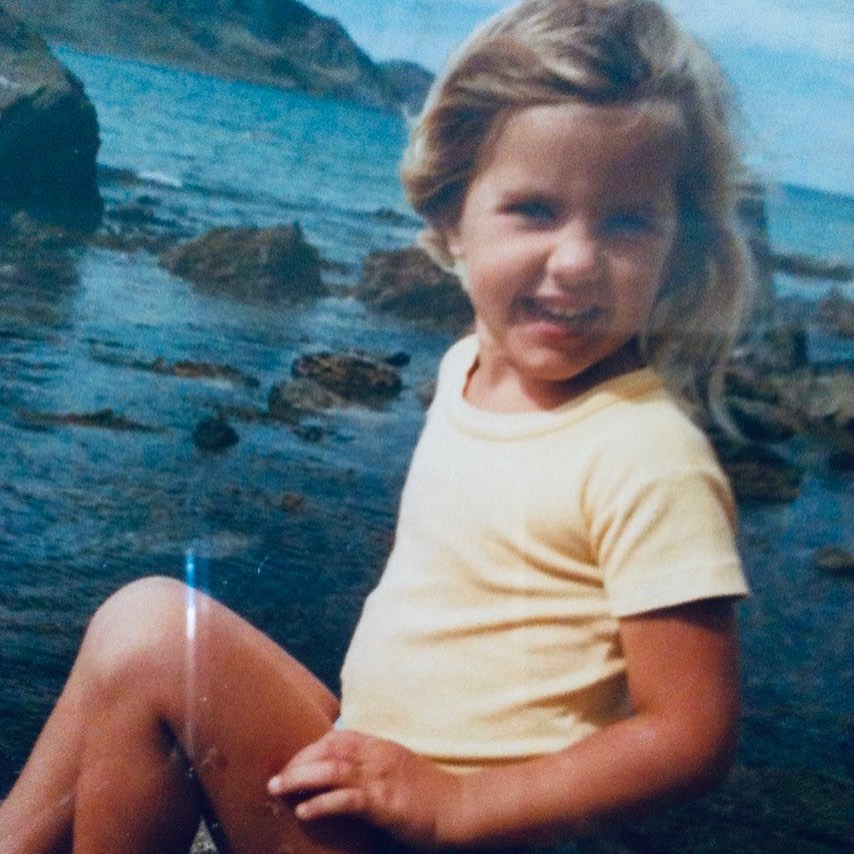
But when it came to career day at high school, I actually attended the local courthouse. I was flirting with the idea of becoming a lawyer – this was the heyday of LA Law – but after a morning, I headed back to The Gisborne Herald that afternoon, and that was it.
Who are some people you admire or look up to as role models, either in your career or in life in general?
Iain Gillies, my uncle. John and Angus Gillies, his sons, my cousins. And Tim Murphy, my husband.
They are the best in the business. Incredible journalists and writers, their work is poetic, an absolute joy to read. They all mentored me – either at The Gisborne Herald, TV3, or Newsroom.co.nz – and knocked me into shape (it took a bit of work!). I am forever grateful for their guidance and care. Sadly, Uncle Iain passed away this year, aged 89. A legend.
It’s an old question, but I love it: If you were to invite four people to dinner (living or dead), who would you choose and why?
I used to lean towards former presidents, world-class entertainers, and top businesspeople. Now, it’s family. Our Gillies clan lives in different cities, but when we get together, there is a lot of laughter and banter. We are quite competitive, and a quiz night is always part of the dinner party agenda. My older brother Shane and I are reigning champs, we are shameless in bringing this up whenever we can.
What is a memory from your career so far that will stick with you well after you retire?
This is a hard question. I have had some incredible adventures with work and met some inspiring and beautiful people, who have generously shared their life-changing stories with our team.
So, I will share the advice Uncle Iain told me in my early days as a junior reporter. “Every story matters to someone”.
You can never think that a story is beneath you or not worth putting time and energy into, because it matters to someone.
And that advice has led me to some amazing people, stories, and experiences, here and overseas.
Tell us some of your interests outside of work.
Travel. Travel. Travel. And we spend a lot of time at the beach (I think this is the small town Gissy girl in me), and we just finished a renovation project at the house there. And I loved it. Turns out, painting is good for the soul:)
What is your favourite movie and television show? (I’ll allow you to choose a runner-up for both… just to be nice.)
I loved Broadchurch, Slow Horses, and Dept Q. Equally brilliant. We watched all three this year and I almost mourned the end of each series. (And I needed a runner-up to the runner-up ;))
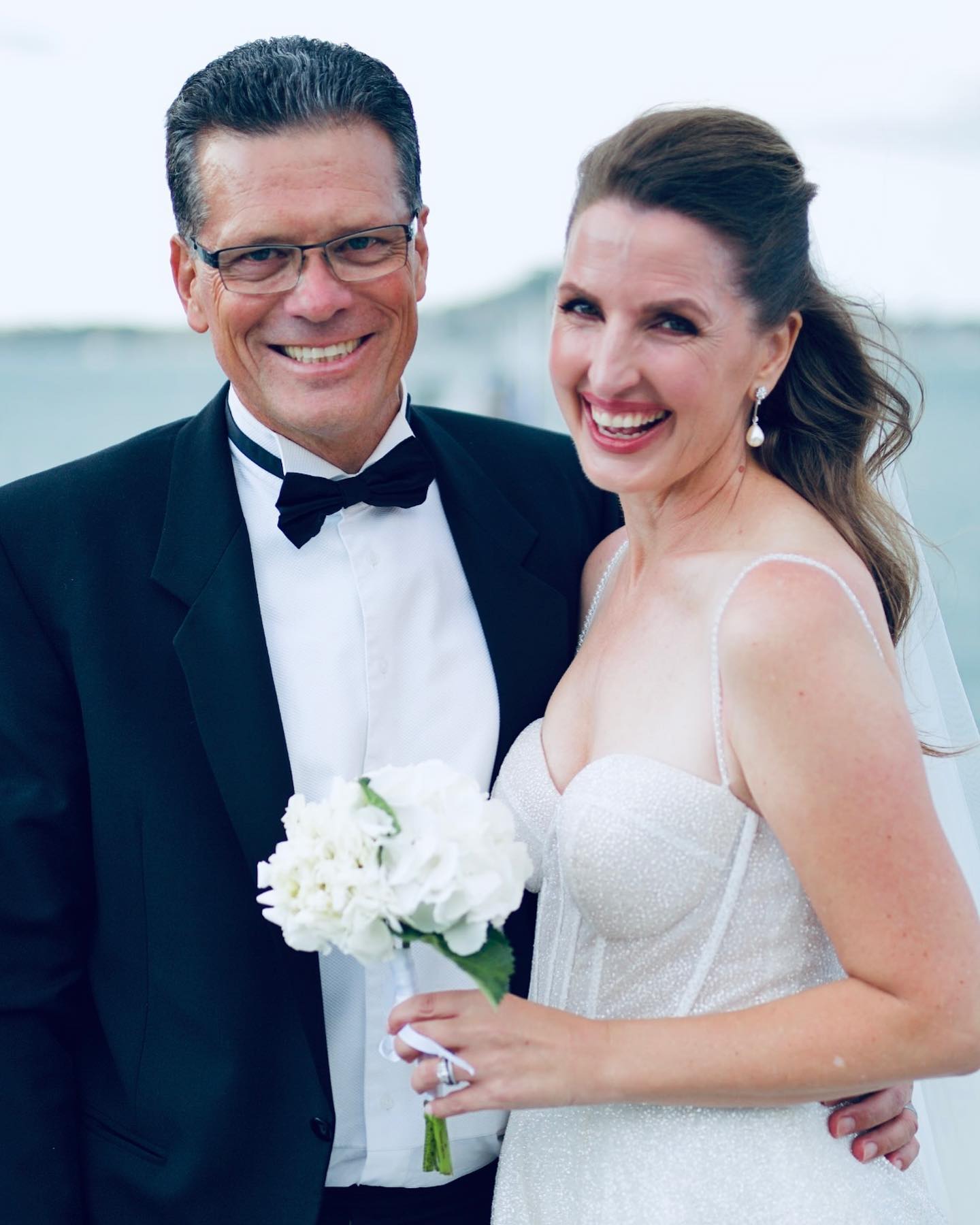
What are some of your most played songs?
I no longer have rights to the Spotify account. That belongs to the teenagers in our family bubble. As a result, I am now enjoying some Korean pop, who knew.
Give us a random fact that people may not know about you.
When I was younger, I used to love adrenaline events, sky diving, jet boating, white water rafting, car racing, diving. I gave it all a go. But not now, I’m older and perhaps wiser (and a scaredy cat)! I also always drive barefoot.
A couple of harder ones. How would you describe the state of the media industry both locally and internationally at the moment, and do you have any suggestions about how things need to change?
It’s fast-moving and fragile. The news beast wants everything now – quick, fast, dirty, immediately. The requirements change, and then change again, and then change some more, while we are still catching our breath.
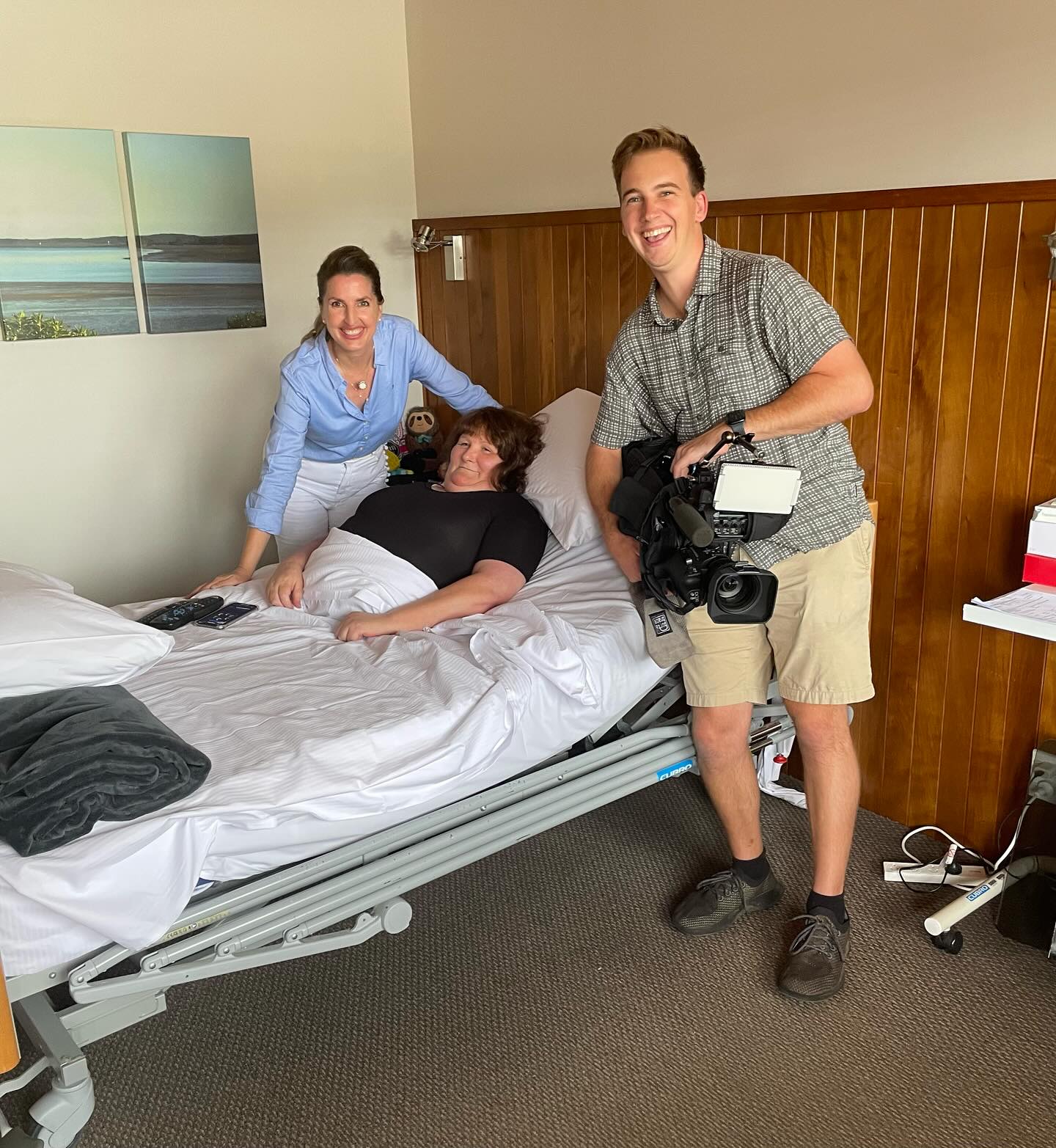
So, when I first started in journalism, it was simple: You had one main bulletin, you had your deadline, you filed your story, you crossed your fingers it made it into the 6 pm News. And then you went home.
But these days? We don’t just tell one story. We tell ten versions of it – tailored for TV, radio, Instagram, Facebook, X, TikTok, the website, the newsletter, the podcast, the push alert, and now, even the comment section.
The demand has exploded. And we need to be first, engaging, emotional, visual, and, let’s be honest, a little bit clickable.
We’re expected to break the news, explain it, and then be available for feedback about it – all before lunchtime.
And viewers? They’re sharper, smarter, and quicker to question. They want honesty, transparency, and accountability – and rightly so.
But that comes with a cost. Because behind every headline, every post, every breaking banner – there’s an actual human – a journalist, a producer, a camera operator, an editor.
Someone who’s juggling multiple stories, navigating online backlash, managing their own burnout, and still trying to keep the public informed.
The pressure is real. More shows. More platforms. More criticism.
But there is also more opportunity.
To connect. To explain. To be better. To challenge misinformation. And to give voices to people who never used to be heard. And, to me, this is truly exciting.
Where do you see AI fitting into a modern media industry? What do you personally see as the advantages and disadvantages of its use?
As much as we’d like to, we can’t ignore AI, it’s shaking up and transforming modern media – fast.
In a newsroom, it’s helping to put out content quicker than ever, tailor stories to suit audiences and even spot trends before they break, which is amazing. But there are questions around accuracy, bias and job losses.
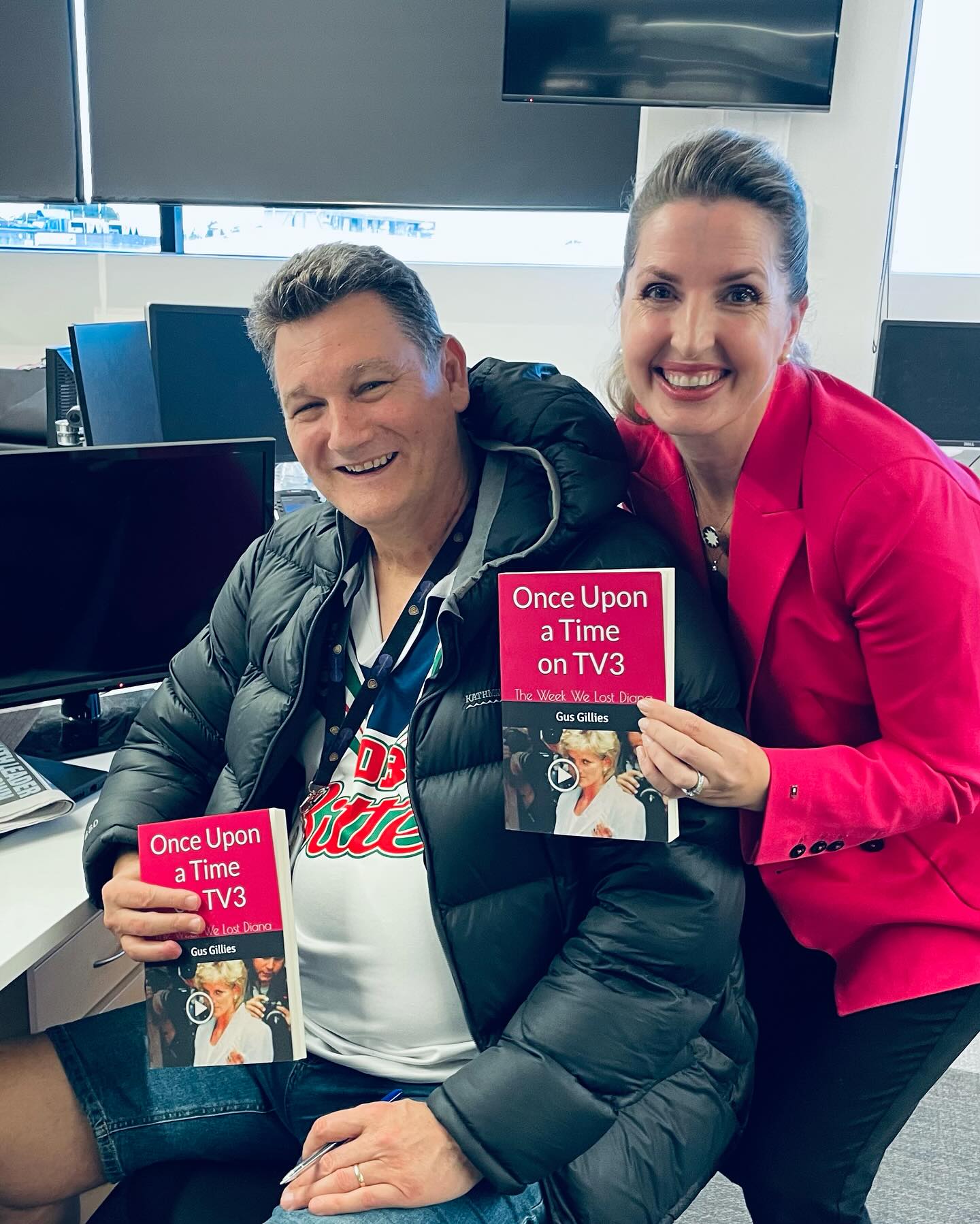
And then we get to deep fakes and misinformation. It can be a minefield.
Trust is everything when it comes to journalism, so we need to ensure AI helps and not harms the industry.
Who from the industry would you like to see answering these eleven questions?
Angus Gillies.
Angus, we will be in touch!
To our readers: Who would you like to see answering 11 Questions? Send us your ideas — or have a go at answering them yourself.
Email: news@dannews.tv
